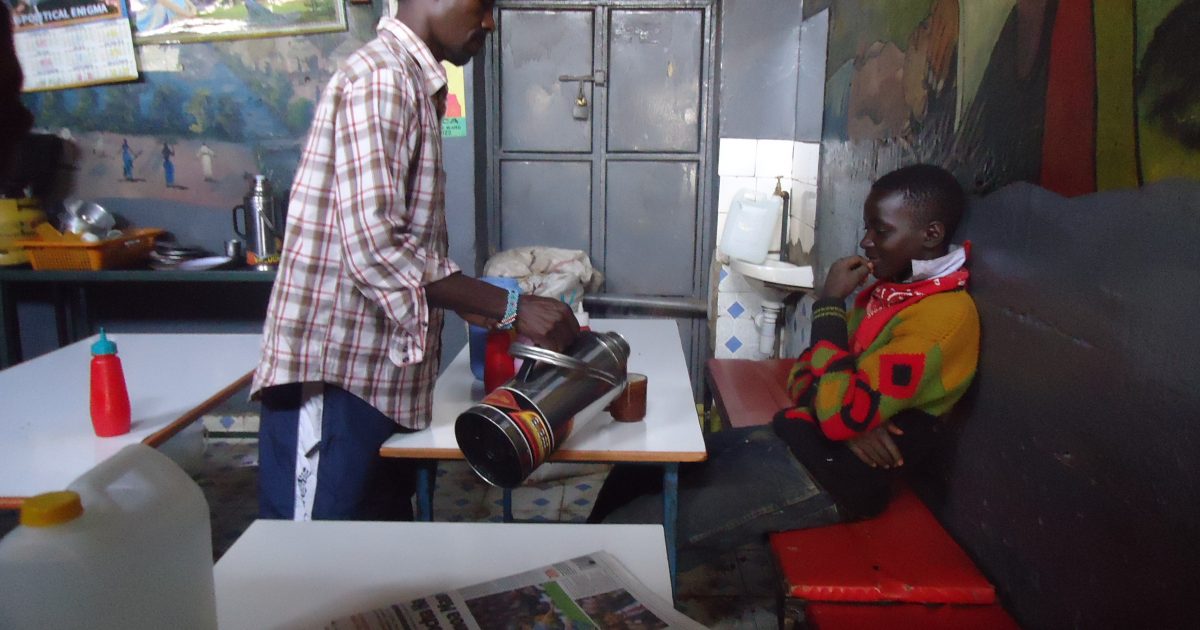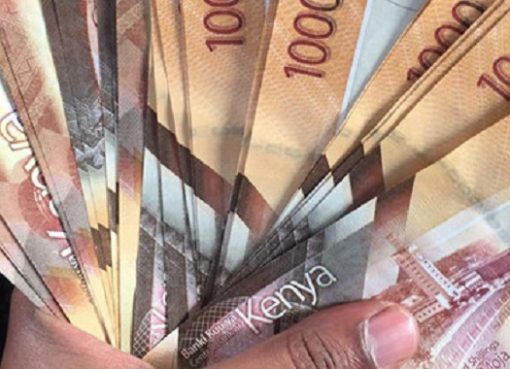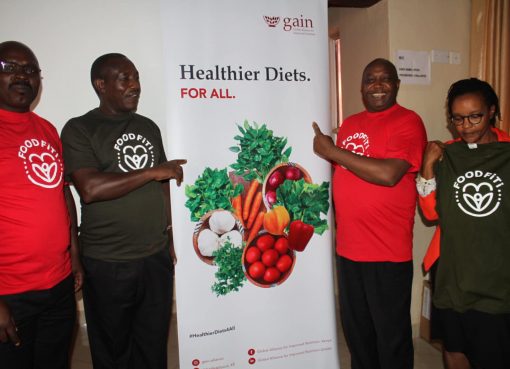As Kenyans continue to mull the possible impacts of the Finance Bill 2024, residents of Nyeri have expressed mixed reactions in regard to the proposed legislation.
The Departmental Committee on Finance and National Planning Wednesday invited the public and stakeholders to submit written views on the Bill by May 18, 2024 latest by 5 p.m.The proposed legislation seeks to amend among others the Income Tax Act (Cap. 470), the Value Added Tax Act (Cap. 476), the Excise Duty Act (Cap. 472), the Tax Procedures Act (Cap. 469B), and the Miscellaneous Fees and Levies Act (Cap. 469C).
The bill proposes to introduce a motor vehicle circulation annual tax that will be paid when one is acquiring an insurance cover.
The tax will be set at a minimum of Sh5, 000 and a maximum of Sh100, 000 and levied at 2.5 percent of the vehicle’s value.
It also proposes 16 percent VAT on bread, which financial analysts say may see the price of the basic commodity rise by Sh10 per 400gm loaf.
Bread is among basic food items that are currently zero-rated.
But while speaking to KNA, Paul Kang’ethe who runs a taxi business in Nyeri town has appealed for the exclusion of some of the levies such as the motor vehicle circulation tax from the bill.
He warns that any additional levy on the struggling transport sector will drive them out of business.
Kang’ethe lamented that business is extremely low with many taxi operators barely making it by and even being unable to meet their daily basic needs due to the high cost of living.
He is now appealing to legislators to purge out sections of the bill that can impact negatively on the livelihoods of Kenyans.
“In the prevailing state of affairs in the country, it is even unfathomable that we could be headed for additional taxes. As taxi operators we are we are not making much and therefore introducing a motor vehicle tax will only end up chasing us out of town. This bill is not going to be of much help to us but only put additional expenses on our struggling business,” he says.
John Kamau, a local bread supplier on his part has faulted the proposed 16 per cent VAT on bread saying it will only make the basic commodity too costly to the common mwananchi.
The trader further claims that taxing bread and other wheat products will similarly affect their business in terms of profit margins at a time when the cost of doing business is proving quite unpredictable.
“If this proposal to institute a 16 VAT on bread sails through, I will be forced to give up supplying the commodity and diversity to other less expensive foodstuffs. The public will also be forced to switch from consuming bread due to its high cost and go for buns since that is what most of them can afford,” he said.
By Samuel Maina and George Gerish





